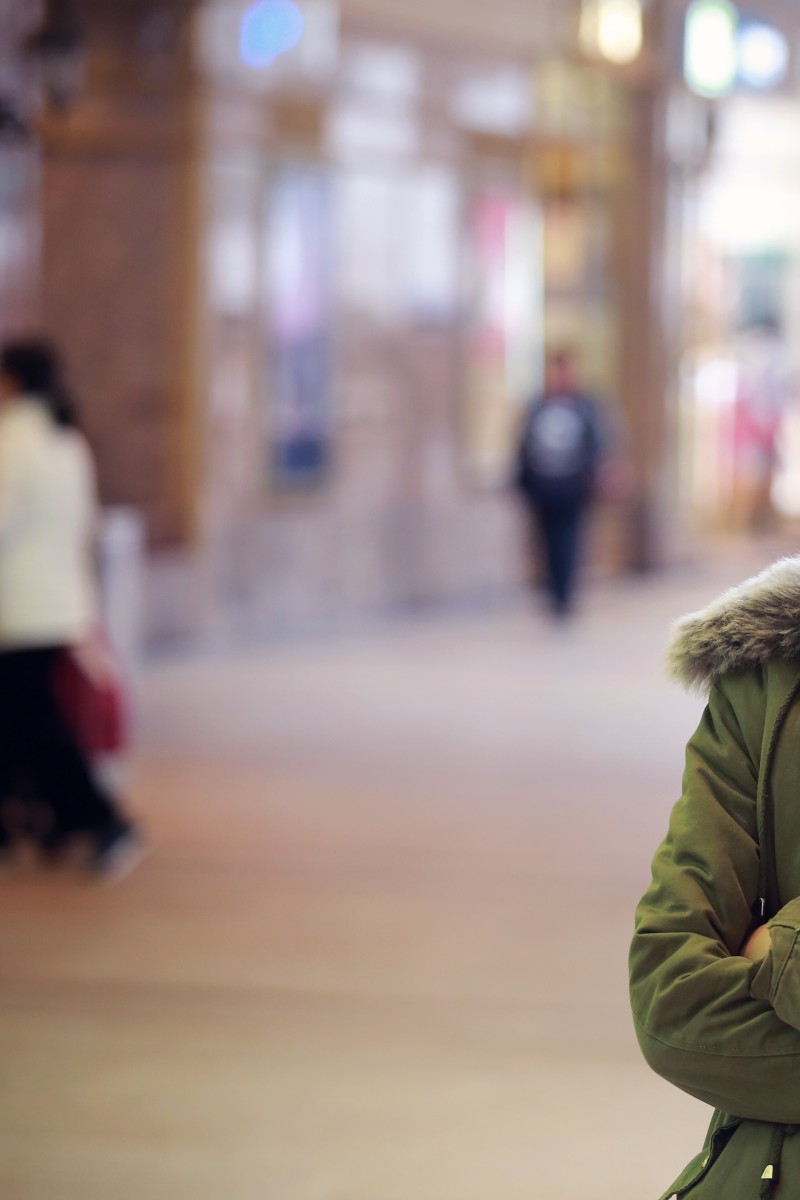
Will cold winter weather stop the spread of coronavirus outside?
- The World Health Organisation says the virus can be transmitted in any kind of weather
- Lower temperatures are more likely to keep people indoors, where the virus may spread more easily
 As the temperature drops, it's important we remain on our guard against the coronavirus.
As the temperature drops, it's important we remain on our guard against the coronavirus.There have been many theories this last year about how changing seasons will end the Covid-19 pandemic. At first, some people said the summer heat would kill the virus. Now some wonder if the winter cold will put a stop to it.
But the World Health Organisation says the virus can be transmitted in any kind of weather and that there is no reason to believe that cold weather can kill it.
The UN health agency says the virus is mainly spread between people. Rain and snow might dilute any traces of the virus on benches or other outside objects, but transmission from surfaces is not believed to be a major contributor to the pandemic.
Scientists say the real concern about cold weather is that lower temperatures are more likely to keep people indoors – potentially in more crowded spaces where the virus can spread more easily.
Fever. Cough. Shortness of breath. Is it Covid-19, the flu, or just a cold?
Studies have shown that a significant percentage of spread happens within households when people are sharing common areas like kitchens and bathrooms.
WHO and others have also warned that in indoor spaces with poor ventilation, transmission happens more easily because the virus can be spread in the air and infectious particles might remain suspended in the air for several hours.
Superspreader events have been traced to nightclubs, gyms and even choir practices.
This new technology could help diagnose coronavirus from the sound of your cough
The coronavirus does not transmit as often outdoors because fresh air disperses the virus particles and people are more easily able to keep their distance from others.
But experts caution that if people spend extended periods of time outdoors close to others without wearing masks, coronavirus spread is still possible.
Health officials say the best way to stop transmission of the virus is to wear a mask in public, stay at least 2 metre) away from people not in your household and frequently wash your hands.